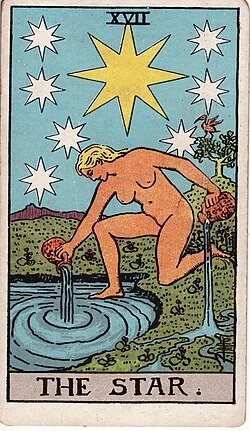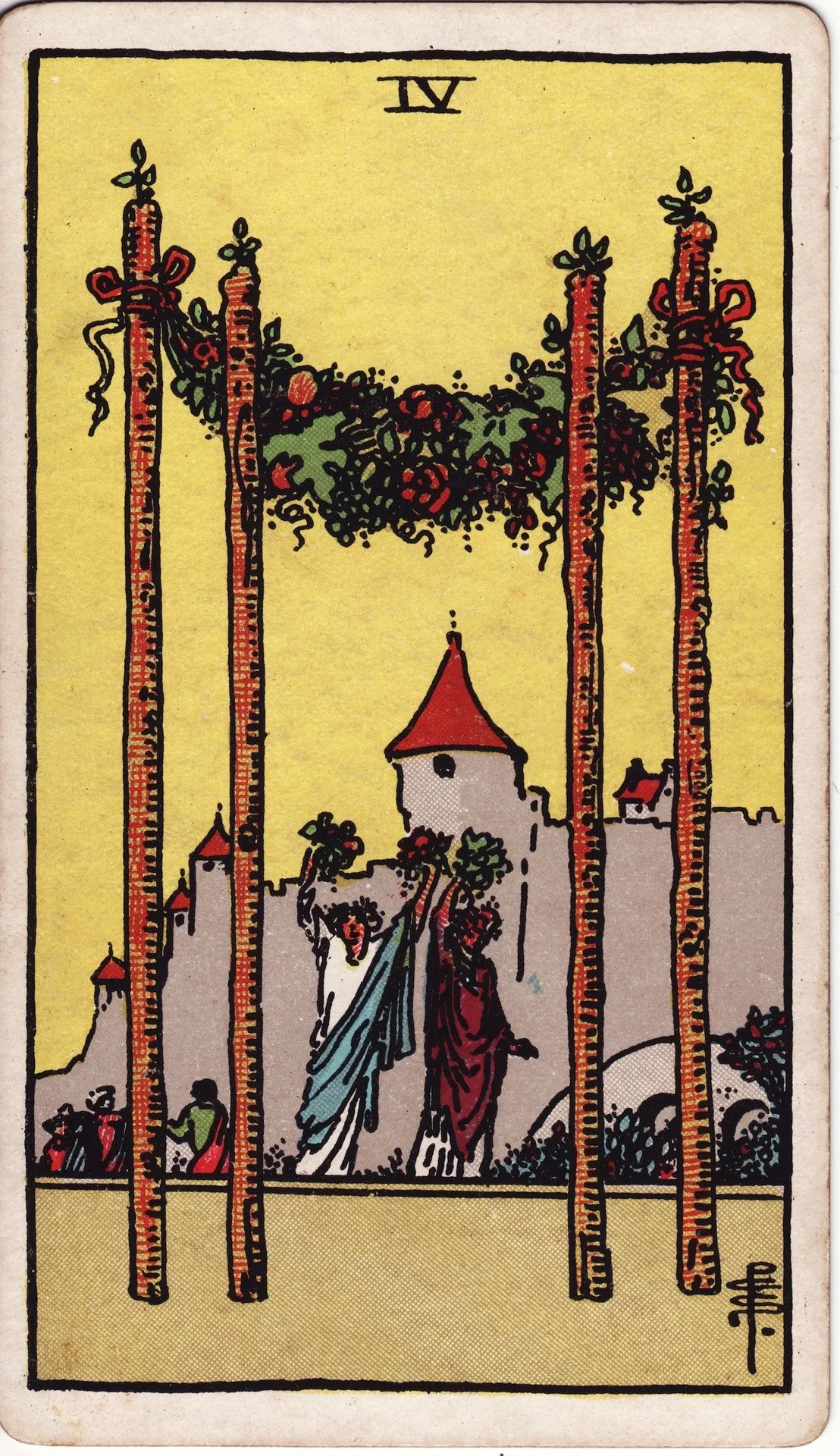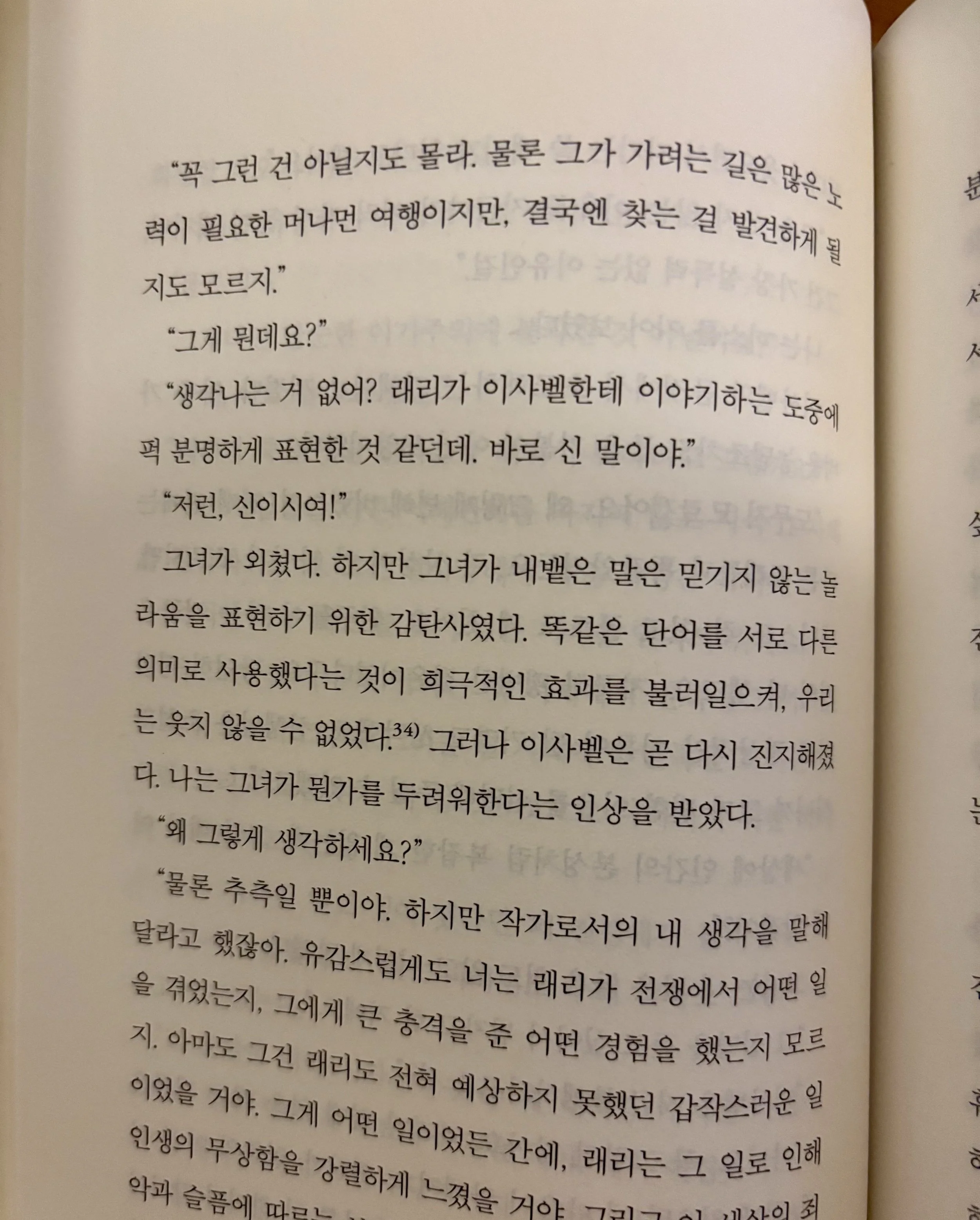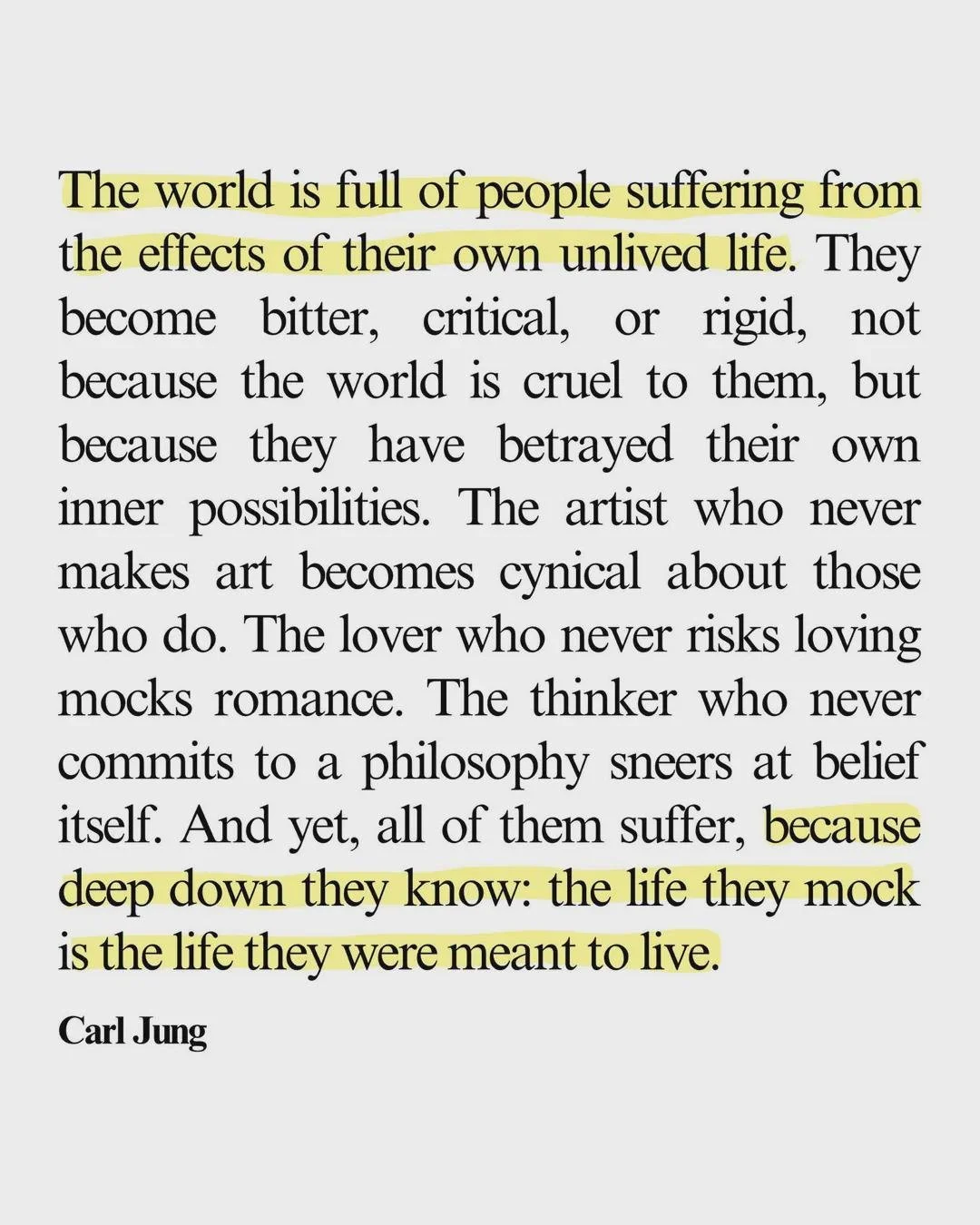how I unleash my creativity
Creativity for me is merely a spiritual process. It’s those wee hours into the dark night of the soul, a place for me to hold a mirror to myself, or simply a means to bask in my God-given light. Maybe it’s a haven for us, a sanctuary, a sacred temple. Or it’s a lighthearted playground, or an imitation game of God’s works and His grand shows. And at hard times, it’s a dial-up connecting to God Himself.
Creativity unfolds for its own sake.
The Artist’s Way
“Great Creator, I will take care of the quantity. You take care of the quality.”
For me, there is no other way to start this topic but to start it with Julia Cameron’s revered book, “The Artist’s Way”. In actuality, I think this whole page can be condensed to one single suggestion: “Read The Artist’s Way.” [After working on this page for days, I return to this paragraph to insert that I pay special homage to Julia Cameron and dedicate this page to her.]
This book has a special place in my heart as it helped me as a “recovering artist”. What is a recovering artist? It’s the one who knows they have a special well in their soul that they used to draw plenty from. But like the effects of some mysterious climate change, every year that well levelled lower and lower, until one day, it was a drought, so barren and all the fertile soil lost. Where did it go? Sometimes time, social conditionings, and the workings of our karmic contracts do a number on us, that we lose touch with our inner child.
When I was younger I had a strong sentimentality and my resonance with art and literature would pierce my heart as sharp as a knife upon encountering great works. I say “pierce as a knife” in a good way, because it truly felt like a a fire burning in my heart. Things just touched me so heavily to the point where tears would well up in my eyes with ease. And one day, in my mid 20’s, that superpower was gone. (actually it was always there, but I felt blinded to it on and off).
I needed some sort of artistic CPR to lift me from this dry spell, to dislodge something very insidious inside of me that would prevent me from fully expressing myself. And slowly, chapter by chapter, I began dusting off the ash on my heart, pulling back the layers and removing the clown makeup. I de-frauded myself, and eventually, found myself again. Self-expression came back with a fiery vengeance.
The most effective assignment from this book were the Morning Pages. As much as I was a writer at heart, I never journaled in my 20’s surprisingly. I remember during the hardest time of that era I’d get hints from different healers, a gentle nudge to journal. I took it as the typical “practice self-affirmation” bit that you get as the piece of advice from a tarot reading. But it was so true. I heard from my higher self that I should journal and write more. But because of my dedication to recovery, this book’s prescription truly activated the practice in me. And next thing you know, I quit my 9-to-5, I fall into a divorce, and I find myself moving to a different province. Yes, this is a thing that happens, just look it up on reddit of these stories. But I can’t attribute all those milestones to just this book. There were many other factors at play, such as my personal natal transits, my close friends, etc. But truly, this book allowed me to see myself straight in the eyes, and in turn, the reality I wanted to create for myself.
Some tips:
Is writing the Morning Pages by hand necessary?
Although Julia Camera strongly encourages the pages to be written by hand, I found for myself that typing on the computer was much more effective. I truly tried giving the “by-hand” thing a chance, but it only cramped up my fingers and my hand, making it difficult for me to practically lay out my thoughts on paper. I also noticed the speed of my hand could not catch up with my thoughts. So typing was much, much more effective for me.
Complimentary reading:
The Courage to Be Disliked
Go watch Doechii’s YouTube videos as she posts her weekly journeys with this book. Truly inspiring.
Get the physical copy of the book. When I first heard about this book, I had gotten an audiobook of this years back. For me, I don’t think audiobooks help with my retention and complete attention to the sacred content. I found that having the physical copy was very important for my working with this book.
“It is very important to understand that the time given to Morning Pages is time between you and God. You best know your answers. You will be led to new sources of support as you begin to support yourself”
“The pages round up the usual suspects. They mention the small hurts we prefer to ignore, the large successes we’ve failed to acknowledge. In short, the Morning Pages point the way to reality: this is how you’re feeling; what do you make of that? And what we make of that is often art.” -82
“As we lose our vagueness about ourself, our values, our life situation, we become available to the moment. It is there, in the particular, that we contact the creative self. Until we experience the freedom of solitude, we cannot connect authentically. We may be enmeshed, but we are not encountered. Art lies in the moment of encounter: we meet our truth and we meet ourselves; we meet ourselves and we meet our self-expression. We become original because we become something specific: an origin from which work flows.” -82
“Create like a child, edit like a scientist.”
The most important thing is that we need to honour our inner child with our art. Our art is a product of what we truly feel, free from the fettered vices of superficiality, superiority, lack of authenticity and humility. I don’t mean be modest. By all means, by audacious. But don’t be fake audacious. Be genuinely, uniquely, weirdly you audacious.
Whatever thoughts you have, lay them out.
My process with writing (any types of work such as essays, poetry, short story, etc.) starts like a paint splatter on paper. Precisely, I get the spark of the idea. As soon as it appears in my head, I write it down as quickly as possible. I call this the jarring of the spark. You need to catch it quickly before it leaves you, jar it (put it on paper), so that you can later return to it to rekindle with which you can start a slow-burning fire. When I write it down, it almost never comes out as eloquent or articulate as the finished product, but it gets the structure or meat out. The key here is that I am fully aware of how rough of a sketch this is as I write it down, that it’s not as well-written as I want it to be, and I hold ample amount of space to know that there’s a ton of refinement to be done. For me, I really appreciate that I hold that awareness, that eagle-eye/bird’s eye view perspective that knows / has a standard for what is appealing versus not, but I don’t let that get in the way of my splatting it on paper nonetheless. It all first has to be written down.
It’s like a painter who sketches the structural form with the underpainting with the brown/red broad strokes. They start off with that skeleton and then create a real-living person in time.
And so something to note that the process isn’t aesthetically pleasing. I’m not off in the woods with a leather journal and feather pen writing my perfect novel. I’m actually jotting these on my Notes app on my phone, or I’m connected to the Notion cloud at all times.
Sometimes i dont have my fancy camera and the iphone camera will do just fine. It’s our polaroid camera of the times.
Why being a child in your art is so important is because I often find we can get lost in the technicalities of the work. When we delve into any medium, we start getting into the mindset of improvement which is good, but it can overdo itself. When we start to learn how to turn knobs on that dj controller, we start learning how transitions work. Then we get lead to an article about what “most people fail to know about transitions”. When we learn how to draw portraits, we toil over how to draw the perfect nose, shadows and all. When we produce videos, we feel as if we need to learn how to film in the perfect lighting and dimensions, respecting the rule of thirds, perfectly colour-graded. I feel that when we start wanting to create art with a laser sharp knife, we can run the tendency of incising the work surgically that we remove the heart in its doing. There is a time and place for precision, but I most often find myself working with a blunt knife. Broad strokes. Sometimes we leave those broad strokes, sometimes we sharpen them a little. But I think this balance is important.
It reminds me of these two Bible verses:
Dove and serpent “Therefore be as shrewd as snakes and as innocent as doves.” Matthew 10:16
Be like a child - Matthew 18:3-4
3 And he said: “Truly I tell you, unless you change and become like little children, you will never enter the kingdom of heaven. 4 Therefore, whoever takes the lowly position of this child is the greatest in the kingdom of heaven.
“A wonderful child blooms like a flower, with no conscious intent to advertise its unfolding fragrance or beauty. So is the would-be divine man: he absorbs himself in expressing the glory of God, unaware, like a child of his own qualities.” -917 of Yogananda
It’s so important though when editing in scientist mode, to leave those child fingerprints on the artwork. As much as possible. Sure, there can be refinements, lines and edges cleaned up, but I really love to see purity, innocence, and the detachment from perfection to shine through in my personal work, because it evokes the pure essence of the feeling at the time.
“Creating like a child” means the process comes from a sincere heart. I often think of the person who is trying to provide the most delicious feast as the host of the home. But the desire to please comes too heavily at the forefront that they are riddled with the anxiety of “doing it right”. They may be lying to themselves that they enjoy the process. That’s why they’ve hosted a million times, right? Could be. But could it be that they just love the outcome of their feasts? The applause and “thank you for the amazing meal”’s at the end of the show? When I see the stress exude from curating the perfect feast, I see more militant behaviour than I do a child walking ever so lightly in their steps. The ulterior modality of “doing it right”, “doing it perfectly”, making sure the guests will love it. Out of this ulterior motive coming from an array of dogma’s like duty, obligation, service, we start to obscure the feeling of sincerity, love, vulnerability, humanness in the dinner. Even when you serve it, it’s gotta be perfectly arranged and organized, and you’re too busy monitoring how people are liking the food. Did they enjoy those appetizers? They’re not going in for seconds. Was it too salty? Too sweet? Do they like it? Do they like me?
Even whilst serving the food, it is served in a frantic hurry, to ensure the cutlery is lined perfectly with the plates, the appetizers are set like a diamond being perfectly set on a ring. They tower over your shoulder to ensure the arrangement is perfect. With this energy around the guests, how could they possibly digest the food properly, no matter how delicious?
Get out of your own way and serve with simple, pure sincerity and humility.
We’ll come to realize that when we create art like a child, that the act is not a sexy [romanticized] process. I’m not out here laying down on a patch of grass on the top of a hill, writing in a leather notebook with my feather pen.
“To the perfectionist, there is always room for improvement. The perfectionist calls this humility. In reality, it is egotism. It is pride that makes us want to write a perfect script, paint a perfect painting, perform a perfect audition monologue.” - The Artist’s Way pg 120
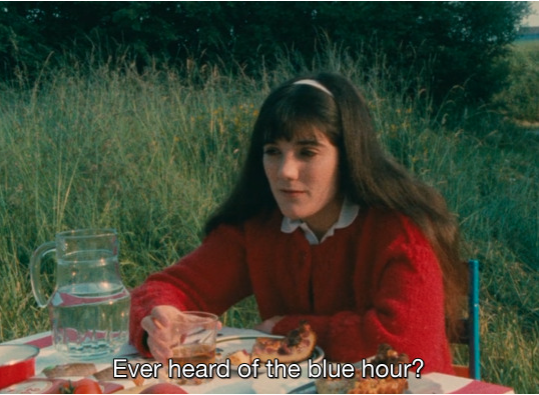
I often love getting in touch with myself at 4am because of the “Blue Hour” so beautifully expressed in this movie. But sometimes I find this not sustainable because if I do it too many consecutive times I get tired and it shows in my face and my work. Sometimes I just need the full sleep and sleep until I wake up naturally.
There’s a careful balance of not being too constrained to the routine. I give myself flexibility to change things up. It also requires parameters so you’re not just working on blazen strikes of lightning
Things that help me:
Coffee
Emma Chamberlain
Using the coffee as my hourglass, my timer to work (”before the coffee runs out”)
Headphones
Sometimes I have no music. Sometimes I do. Each decision is intentional. I know that sounds too precious and Rick Ruben-esque. But sometimes the music is disruptive to your creative or working process. Sometimes it’s helpful for you to lock in and get those words organized within the parameters of a timer.
I did a tarot reading for myself and the “what resources I need to rely on” card for me came the 4 of wands. It was hard to decipher what this really meant. So I did some digging and I happened across an excerpt that exactly related to my situation:
With routines and rituals, I think this is so personal to the individual, often you can find what works for you through trial and error, and perhaps with a gleaning into one’s birth chart.
You’ve probably heard of the famous spoon and plate method Albert Einstein practices to get into his creative mode. Hypnagogia is the transitioning state between sleep and wakefulness. Whether it is the state of sleep to wakefulness or wakefulness to sleep, I find this limbo zone an incredibly powerful time to dive into my well. I try my best to wake up early and work in the sleep state. I don’t do this all the time. Sometimes I sleep in because I know my body needs the full 8 hours or other times simply because I am not disciplined enough. But when I do get in that zone, it is a magical sensory experience.
Before the coffee gets cold
As much as I love that divine spark in me at random moments of the hour. I still need to anchor myself to a ritual and routine.
Don’t make it hard for yourself, it’s often with a palette knife than a surgical one. Broad strokes, broad strokes. We’ll pencil in the details later, we’ll refine those edges in due time.
“Before the coffee gets cold” is taken from Toshikazu Kawaguchi’s novel title. I did not enjoy the book as much as the title. The title to me is an accountability mantra I sometimes remind myself when I catch myself slipping..on a micro and macro level. On a micro level it’s a way for me to use my coffee as an hourglass (or a Pomodoro timer) to stay focused on the work in front of me before the coffee runs out. There’s nothing like a good intermittent sip of coffee as you work at your craft. And when it runs out and I’m still left to work on the thing, it’s just not the same, frankly. Sometimes I spoil the magic taste of my caffeine when all I’m doing is sipping on it without much output. It feels as though I have wasted a great coffee moment. So I really strive to make good use of my coffee. On a macro level, it’s about when I’m almost nearing the finish line with my work and perhaps I get bored of it from toiling over for it for days. It’s that Sagittarius Sun/Aries Moon in me that gets bored quick and moves on to the next thing. I’m already developing my next idea when I’m still in the premature finishing phase of the current one. So I reel it back in. Before that feeling gets cold, let’s finish it. And hold onto that feeling as long as possible so that you can finish it. That’s why I need to finish the work under a tight timeframe before that proverbial coffee gets cold in me. Get it out before the feeling stales out. Finish it while you have that heart for it in you.
My coffee is finite and I so cherish the taste as I create. So I ensure every sip is a reward. Sometimes I indulge and the coffee runs out quick before I get a good paragraph in. And that sucks because I lose out on the special feeling..this sex of coffee and art. It becomes an indulgement that finishes before the end product which is a disappointment to me.
As much as art is a process of capturing those lightning rays of inspiration, we do need structure. Why does Capricorn and Virgo exist in the 12 zodiacs? Because those aspects of structure, discipline, and dedication to the routine is necessary for tangible outcomes.
Discipline, limitations, etc.
As much as I love latching onto the sparks that spontaneously dawn on me, it is imperative that I revere routine, outline, and the discipline to commit to the agenda. Commitment is just as important as spontaneity.

Know thy audience
Know thy self
“If there’s a book that you want to read, but it hasn’t been written yet, then you must write it.”
Toni Morrison If there’s a story that you want to hear to inspire you into knowing it’s never too late, it’s Toni Morrison’s.
Toni Morrison was a senior editor at the Random House. Being a working single mother of two songs, she found the cracks of dawn to be the only sliver of time to put in her own writing. She would use legal pads and scraps of paper to just get a few paragraphs in which ultimately led to her first book, The Bluest Eye. Though at 39 she published her first book, her journey ended up winning her the 1993 Nobel Literature prize.
Toni Morrison mentions in interviews that she was looking to read something that she wanted to read but often couldn’t find that.
But more than a moral of “it’s never too late to start”, there is another extremely important gem in this. That you write because you haven’t found something that resonates so deeply with you..because it can be started within you.
“It’s inside myself that I must create someone who will understand.” - Clarice Lispector
Art does not require approval. It just requires your resonance.
This is why I also feel like the memes is art statement bears truth. Perhaps put in screenshot of this?
I believe that when you make your art for you, you’ll end up making it for the right audience. You put your work on some channel like a radio frequency, there will be others who tune into that and your work will resonate heavily. Understand that the quality of the audience trumps the quantity. There is sacredness in having your work resonate with the right people, who need to hear/see/smell/witness it at the time they divinely encountered your work.
It’s equally important to keep your mind clean and ensure things/people/negative judgments of people are not residing in your mind rent-free. For a while my instagram has been private, it still is because for a long time it’s been a secondary-thing to a phone, as many millenials will understand. It’s always been one of those things where I meet someone in person and it’s a convenient way to connect with them. My ig is not my audience, when I put my work out on my ig, it’s just for me to look back at/But even though I know my work won’t resonate with people on ig, I used it as a way to publish my work. And I barely get likes and comments on most of them and that’s okay. Because they’re for me. I really love to go back on my page and watch my work. Because it inspires me to keep going and simply, because I enjoy watching/reading/looking at my work. Have some archive of your own works. Go back to them from time to time to edit or just get inspired by your own shit. This is why it’s important to make shit for you as your main audience.
Sometimes your art, even if released to the audience, is truly, deeply, viscerally for your own self. It’s a comment you responded to on a thread, only to happen upon it 3 years later. Your comment from the past made sense to your future self, the present. And these moments are quite jawdropping. You realize the divine touch in some of your artwork because God was over your shoulder taking a dip of His finger from the graphite and smudged a corner of your portrait and said, “Here, let me help with this.” And then years later, you notice that smudge, that you may have brushed off as just a smudge at the time of making. You notice that smudge was meant to convey an important message to your future self. It’s a constant conversation, a reaping of personal karma, a dialogue with all versions of you and God.
That’s why making art in anonymity might be the most divinely inspired times. It’s a sacred “Blue Hour” in the big picture of time. Because at that point you know you’re purely dialoguing with yourself.. it’s a soliloquoy more than it is a play for a bigger audience that you will have to work through some day which may require a slightly refined and “different” sort of energy.
It’s like when I post my YouTube videos with just pure copyrighted song. For me, there is no other way around it. I can’t just sub in non-royalty free music. I need this particular song or the whole video loses its magic. And the thing people say about copyrighted music on YouTube is that it doesn’t really matter if you post it when you’re not monetizing your channel. It’s only when you do when it starts to matter and you have to vigilant and really start working within the parameters of copyright, and that can be quite stunting/limiting…
So this space of anonymity and non-monetization is a really sacred gift God provides. Use it, take absolute advantage out of it. Squeeze the shit out of it because one day, it will be gone, if you are destined for universal resonance with your art.
art is resonance
subway take -> memes are art
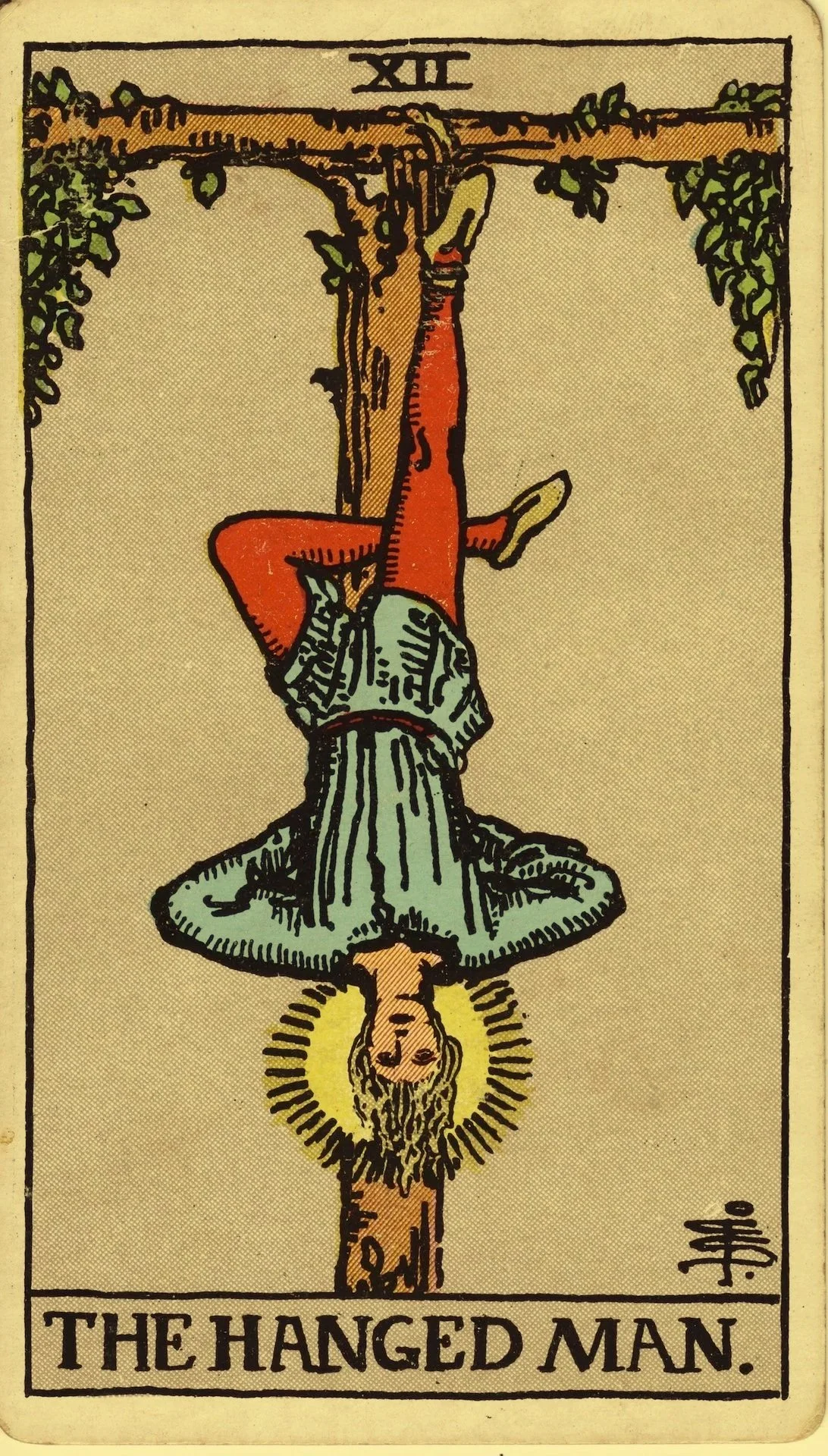
A careful balance of active consumption and content dieting
“Be still and know that I am God.”
Be vigilant about what you consume. Consume chicken noodle soup, not KFC, for the soul.
Be open to content diets.
“Be still and know that I am God.”
I try my very best to be conscious of what I consume. My mental diet is important.
Consume. And then respond to the thing you consume. Respond to art, to life, anything that speaks to you.
Invest in work that speaks to you. Invest in the artist you get inspired by. Invest in what you appreciate and admire, for this generates good karma.
“But because everything that happens around me I turn into fodder for our conversations.”
Someone out there needs to hear your truth. They are looking to be inspired by your art so that they may feel freedom to produce theirs. They are chained by ego and social conditioning that has buried them too deep. They are waiting to hear and see your imperfect work so that they may feel that they have permission to simply be themselves in their work as well.
Steve Jobs - conventional rule to break ->
https://experteditor.com.au/blog/gen-steve-jobs-says-the-most-creative-people-usually-break-5-conventional-rules/
“Don’t ship until it’s perfect—and stick to the plan.”
Publish like a publisher
We’ve discussed “creating like a child and editing like a scientist.” But the third act is publishing like a publisher. Plain and simple. No other analogy around it than to be your own publisher. This is often the hardest part.
Now the irony with this section is that I had been flipping back and forth on whether to include this section. All the time I’ve been preaching the good preach on how art is for yourself, so I hear the prefrontal cortex of some readers chirping up: “then why is publishing so important?” Seems a bit contradictory, doesn’t it.
But ultimately I felt this need to still include this section. While dozing off to sleep, I’ve gotten this section shone on my third eye and so it feels important that I do include this part. Secretly, I believe the reason why this sentiment should be stated is to plant the seed in some of the artists who don’t believe they can make a living out of their truths. But in order to do so, they need to cast their seeds out.
Your sensitivity is your strength
“물론 그가 가려는 길은 많은 노력이 필요한 머나먼 여행이지만, 결국엔 찾는 걸 발견하게 될 지도 모르지.”
“그게 뭔데요?”
“생각나는 거 없어? 래리가 이사벨한테 이야기하는 도중에 퍽 분명하게 표현한 것 같던데. 바로 신 말이야.”
“…It’s a long, arduous road he’s starting to travel, but it may be that at the end of it he’ll find what he’s seeking.”
“What’s that?”
“Hasn’t it occurred to you? It seems to me that in what he said to you he indicated it pretty plainly. God.”
The Razor’s Edge / 면도날
-William Somerset Maugham
“You’re too deep.”
“Stop overthinking. It ages you.”
“I worry that you feel too hard.”
While these may not be wrought with bad intentions, it is important that we be discerning of the futility of such well-meaning suggestions. I came across a video of a fan telling their favourite musician that they sometimes worry about him because of how deep his lyrics can get. They all of a sudden find it worrisome for their mental health. I find that extremely ironic. While I understand that as fans, it is certainly valid to care about the human behind the art, it’s important to recognize that fans are made fans because they resonate with the art that could not have come about from surface-level initiations. They worry about the very superpower that manifests itself in great works of art on which they feed. For this I think it can sometimes be harmful to artists to tell them to take it easy, “to chill”, to stop feeling too deeply. But equally so should the artist be vigilant in protecting themselves from such tone-deaf notions, if only to maintain their pitch-perfectness.
People sometimes get overwhelmed with my questioning of life, the different gospels, the ideologies, and my search for truth. They project their anxieties by asking me why I would run myself to ruins by being chained by such perplexities. Sometimes I am also met with nihilistic attitudes that there is no point because no one can “know” truth nor God. Well that’s one surefire way of staying outside of God’s door.
7 Ask, and it shall be given you; seek, and ye shall find; knock, and it shall be opened unto you:
8 For every one that asketh receiveth; and he that seeketh findeth; and to him that knocketh it shall be opened.
Matthew 7:7-8
Ignorance is bliss for many people, but it’s merely bliss of a drug high. It will never match the ecstasy that comes from digging into one’s own soul, to asking the hard questions and trying to answer them. Because in so doing, they start to hear the whispers of God.
I pity the fool who hides behind 10 layers of clothing and chooses not feel... For that is how beautiful, profound feeling and creation surfaces from the human pore.
Not a real Jung quote but a synthesis of his written works.



